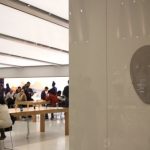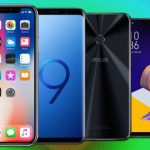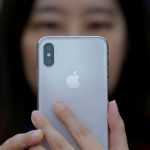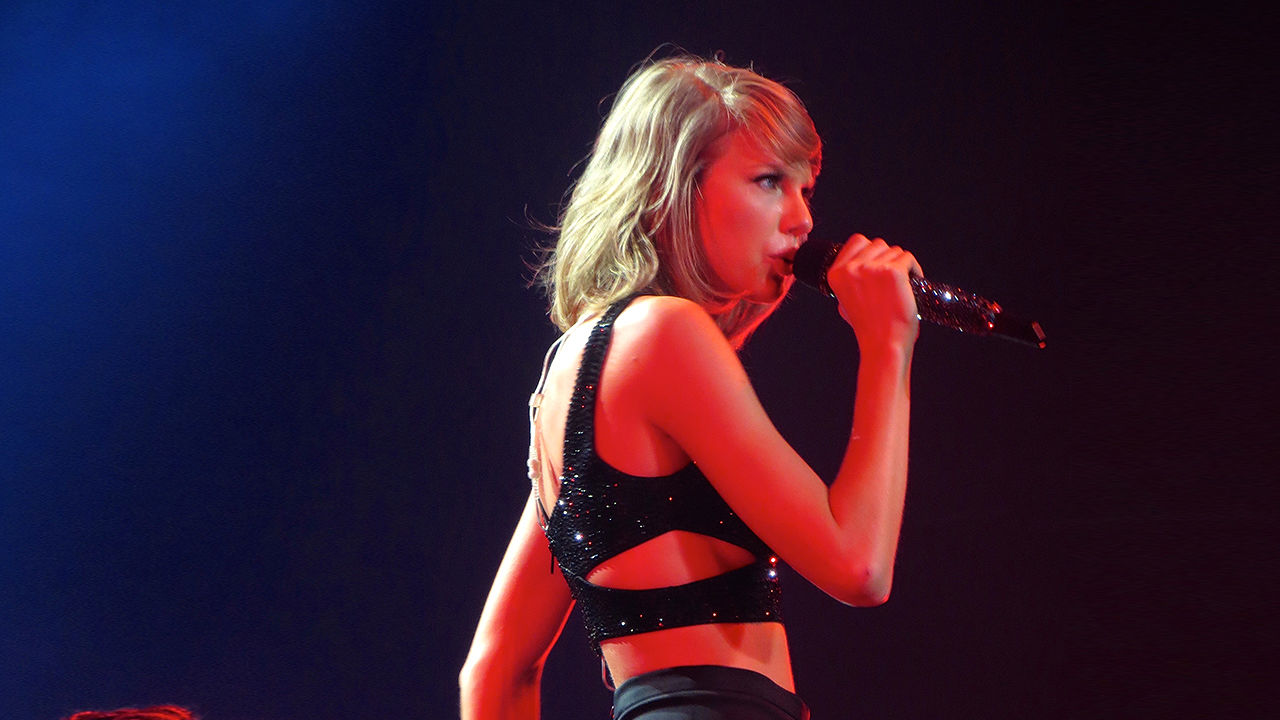Taylor Swift Burns Spotify, Praises Apple (And Her Mom)
In a new interview with Vanity Fair, Swift reveals more about how she persuaded Apple to give artists a fair shake.
The future of music won’t be shaped by record labels and tech industry executives alone: Taylor Swift is going to have her say too. That much was made clear earlier this summer when the ultra-influential pop star penned an angry letter and persuaded one of the biggest companies in the world to adjust its strategy. At the last minute, Apple decided it would pay royalties to artists during the free trial period of Apple Music after all. Now we’re learning more about how the whole thing went down.
In a wide-ranging interview with Vanity Fair, Swift touches on what inspired her to write her open letter to Apple—and how her mother was instrumental in making that minor-but-notable moment in online music history happen.
After receiving criticism for a Wall Street Journal op-ed Swift wrote last summer, about Spotify’s free-streaming service, Swift says she worried “people would say, ‘Why won’t she shut up about this?’. . . My fears were that I would be looked at as someone who just whines and rants about this thing that no one else is really ranting about.”
Swift says she consulted only one person before releasing the letter on the Internet. “I read it to my mom,” she says. “She’s always going to be the one. I just said, ‘I’m really scared of this letter, but I had to write it. I might not post it, but I had to say it.’ ”
Swift’s letter, which she says she wrote at 4 a.m., took Apple to task for declining to pay artists royalties during the three-month free trial period for Apple Music, which is now under way. Late last year, she publicly shamed Spotify for its own artist royalty payout structure, specifically condemning the service’s free, ad-supported tier.
While Apple reversed coursed after getting scolded by Swift, Spotify is sticking to its guns on its freemium business model and as a result, no longer has the benefit of offering any of Swift’s albums to its subscribers. Apple, on the other hand, was able to showcase Swift’s wildly popular album 1989 on the home screen of Apple Music on launch day. She also agreed to service.
“I found it really ironic that the multi-billion-dollar company reacted to criticism with humility, and the startup with no cash flow reacted to criticism like a corporate machine,” Swift says in the interview, taking a dig at Spotify.
Despite Swift’s departure from the service, Spotify surpassed 75 million users in June. Since then, of course, Apple has entered the crowded streaming market and reportedly nabbed 10 million users in the first month. With nearly identical catalogs (aside from Swift’s albums and a few other differences) and the same price point, Apple Music, Spotify, and similar services are left to duke it out using features like discovery and curation. Whether these special features will be enough to keep Spotify from losing subscribers to Apple Music remains to be seen, but the evolution of online music should be interesting to watch.
Fast Company , Read Full Story
(102)














